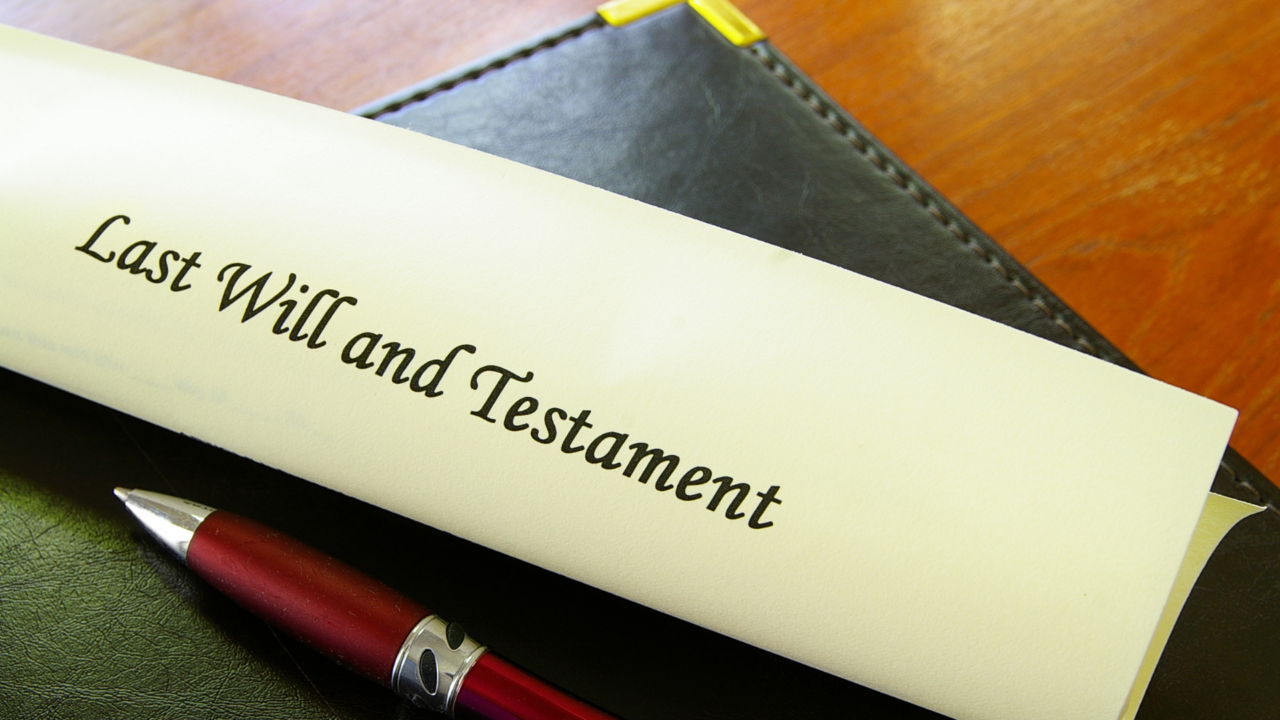Individual retirement accounts are touted by major investors for their ability to avoid taxes and protect your wealth.
However, one gray area that many people run into when handling a Roth IRA is whether or not their IRA will be taxed once it’s passed to their inheritors.
To help you or your beneficiaries avoid taxes on an inherited Roth IRA, we’ve created this guide with everything you need to know about inheriting a Roth IRA.
Do beneficiaries pay taxes on Roth IRA inheritance?
In most cases, you will not owe taxes on an inherent Roth IRA. Roth IRA contributions are taxed on their way into the retirement account, allowing Roth account holders and their beneficiaries tax-free withdrawals on both contributions and earnings.
However, there is one major exception to this rule,
While Roth IRA contributions can be withdrawn tax-free at any time, earnings from a Roth IRA are subject to a 5-year waiting period, meaning earnings withdrawals may be taxed. This is otherwise known as a qualified distribution.
What is the 5-year rule?
This rule refers to a five-year period after an individual opens an IRA, during which the account owner cannot withdraw any earnings earned from his contribution, including interest dividends, etc. Roth IRA owners can still withdraw any amount contributed to the account before the five-year period but no earnings.
The 5-year period begins on January 1st of the tax year of the first contribution, regardless of the time of year the account was opened.
In addition, if you are the beneficiary of a Roth IRA and that owner’s first contribution was less than five years ago, then you will owe taxes if you withdraw from account earnings. Once the five-year period ends for funds that are qualified, you’ll be able to make tax-free withdrawals on both contributions and earnings.
Finally, we should also note that if no beneficiary is named, then the estate will be forced to distribute all money from the IRA within a five-year period.
How do I avoid paying taxes on an inherited Roth IRA?
If you’re the beneficiary of an IRA, you can avoid taxes by aligning withdrawals with the IRS guidelines. Specifically, if the account owner dies before the account was open for five years, you will be taxed on any earnings withdrawals, meaning you will have to wait the five years until the funds become qualified for distribution.
Unfortunately, you will not be able to avoid this rule, but you can still withdraw any contributions to the account.
Do inherited Roth IRAs have to be distributed within 10 years?
Whether or not the funds from an inherited Roth IRA have to be distributed in ten years depends on your relationship to the account holder, age, and when the funds were inherited.
The 10-year rule refers to an IRS mandate that requires some Roth IRA beneficiaries to empty the IRA account within ten years of the account holder’s death. Failure to do so can result in a 50% penalty. It primarily affects non-spouse beneficiaries, though there are exceptions.
It’s important to note that the 10-year rule does not generally apply to individuals who have inherited a Roth IRA of an account holder that died prior to 2020 and the passage of the Setting Every Community Up for Retirement Enhancement (SECURE) Act. If your loved one died before the SECURE Act, you could likely structure distribution to last your lifetime.
Spouses are not held to the 10-year rule, nor are the following individuals, also known as Eligible Designated Beneficiaries (EDB):
- Minors (the 10-year rule takes effect when they reach the age of majority, which is usually 18 years of age).
- Beneficiaries who are disabled or chronically ill.
- Beneficiaries who are less than 10 years younger than the account holder.
Individuals who don’t fall into those categories will likely need to honor the 10-year rule or face penalties.
When can you take money out of an inherited Roth IRA without penalty?
You can take money out of an inherited Roth IRA at any time without penalty. However, if the account owner died before the account was open for five years (starting the first of the year during the year it was open), then earnings withdrawals are subject to income tax. You can make withdrawals on contributions without paying income tax.
Should you take a lump sum from an inherited IRA?
Regardless of what type of IRA you inherit, taking a lump-sum distribution can have tax implications worth considering.
If you inherit a Roth IRA and the account is older than five years, you can take a lump sum without worrying about paying income tax on the distribution itself. If the Roth IRA is less than five years old, the earning portion of the account will be subject to income tax. In that case, it may be worth limiting withdrawals to contributions until the account matures.
Regardless of the age of the account, the lump sum distribution can push you into the next tax bracket, which will change your total tax obligations for the tax year during which you made the withdrawal. As such, it’s wise to review the tax implications before taking a lump sum.
If you inherit a traditional IRA, you will have to pay income tax on the distribution. That’s not to suggest a lump sum distribution is out of the question. However the tax implications can be significant when you factor in income tax obligations and the potential impact on your current tax bracket.
Can you roll an inherited Roth IRA into your own Roth IRA?
If you inherit your spouse’s Roth IRA, you transfer those funds into your rollover IRA.
On the other hand, if you inherited a Roth IRA from someone other than a spouse, you can’t roll it into your IRA. Instead, you can open what’s known as an inherited IRA. This type of IRA remains in the original account holder’s name, and you remain the beneficiary.
Once the funds are moved to the inherited IRA, you’ll be required to take distributions.
Additional Rules/Regulations
Here are additional rules and regulations you should keep in mind if you inherit a Roth IRA:
- Spouses that inherit an IRA reserve the right to designate themselves as the account owner, roll over the account into their own IRA, or roll the funds into another eligible retirement account.
- Non-spouses cannot keep inherited IRA funds in the original Roth IRA account. They must open an inherited IRA.
- If you inherit a Roth IRA, you must take the required minimum distributions.
- You cannot make contributions to an inherited IRA.
If you inherit a Roth IRA, it’s vital that you understand the rules, requirements, and tax obligations it may carry. Horizon Trust can help you navigate these challenges to receive your funds tax-free or roll over your existing account into a self-directed IRA.
Related Posts
July 23, 2024
SIMPLE IRA vs SIMPLE 401(k): Which One Is Better for My SMB?
Simple IRAs and Simple 401Ks have many similar features for your employees.…




